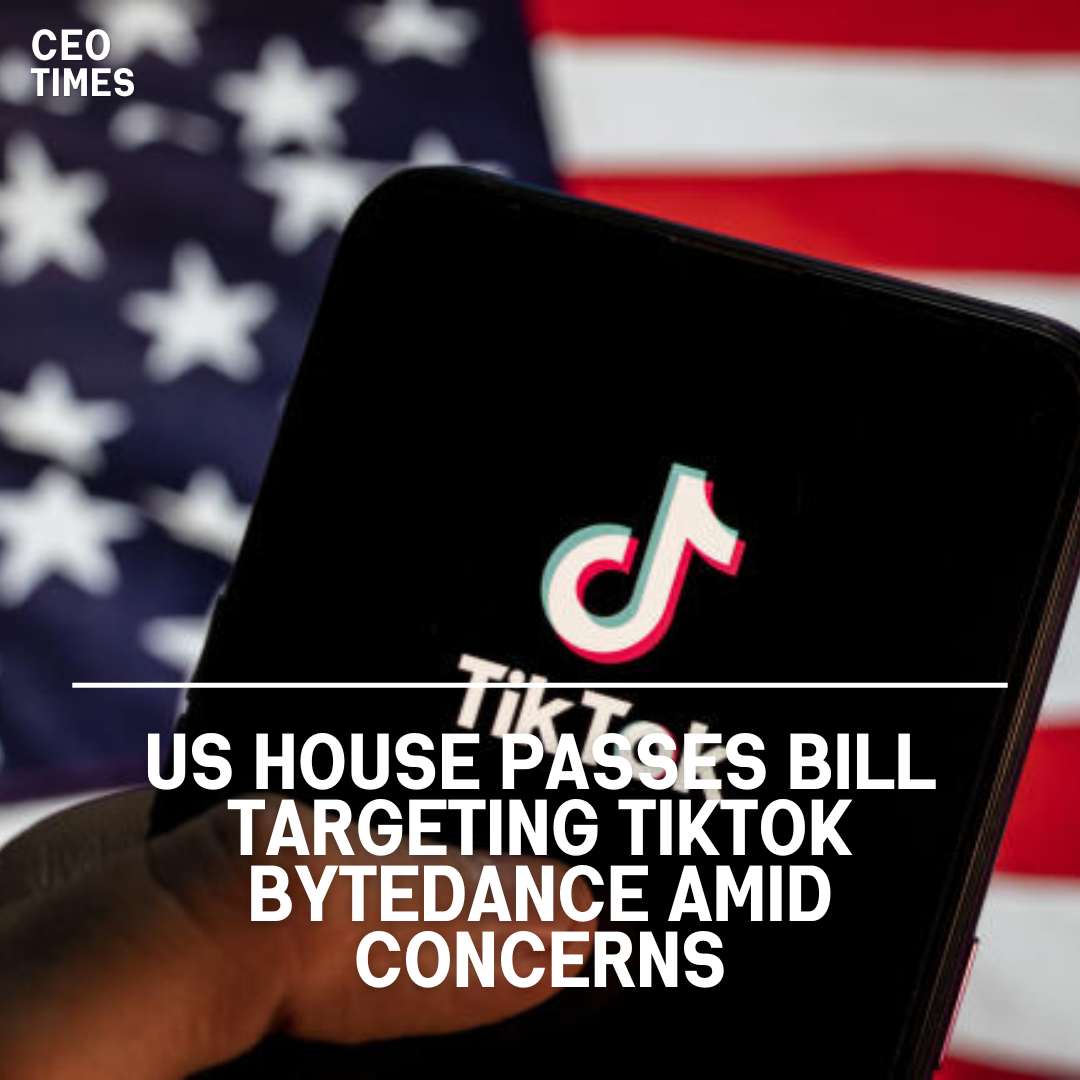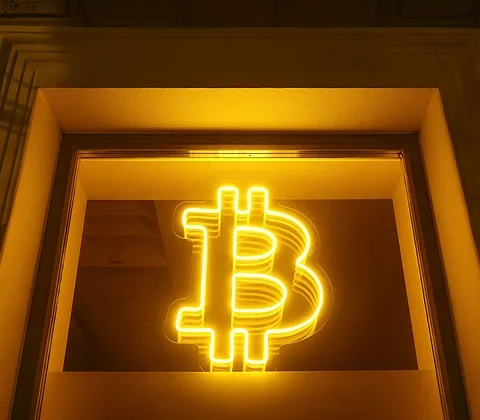The U.S. House of Representatives has overwhelmingly approved a bill that would require TikTok’s Chinese parent company, ByteDance, to divest its U.S. assets within six months or risk a ban. This marks the most significant threat to the app since the Trump administration’s actions.
Bipartisan Support in the House:
The bill passed by a vote of 352-65 in a bipartisan effort, reflecting widespread concern over national security implications associated with ByteDance’s ownership of TikTok.
However, its future in the Senate remains uncertain, with differing opinions on addressing security risks from foreign-owned apps.
Senate Review and Debate:
Senate Majority Leader Chuck Schumer announced that the Senate would review the legislation, signaling a potential debate over alternative approaches to regulating apps with security concerns.
The bill’s passage in the House underscores the urgency of addressing national security issues related to Chinese-owned technology platforms.
TikTok’s Fate Hangs in the Balance:
The fate of TikTok, used by approximately 170 million Americans, hinges on the outcome of legislative action in Congress. Lawmakers have underscored the critical importance of addressing the app’s national security risks despite concerns about the potential impact of a ban on users and businesses.
TikTok CEO Shou Zi Chew warned of the legislation’s consequences, stating that it would result in a ban on TikTok in the United States and have significant financial implications for creators and small businesses. The company plans to exercise its legal rights to challenge any ban imposed by the legislation.
Political Landscape and National Security Concerns:
The bill reflects broader efforts in Washington to address national security concerns related to China, extending beyond TikTok to include other sectors such as connected vehicles and artificial intelligence chips.
Lawmakers are grappling with whether TikTok’s data should be controlled by an American company or remain under Chinese ownership.
International Response:
The Chinese Foreign Ministry has criticized the legislation, arguing that the U.S. has not provided evidence of TikTok threatening national security.
The bill’s passage underscores ongoing tensions between the U.S. and China over technology and national security issues.




















